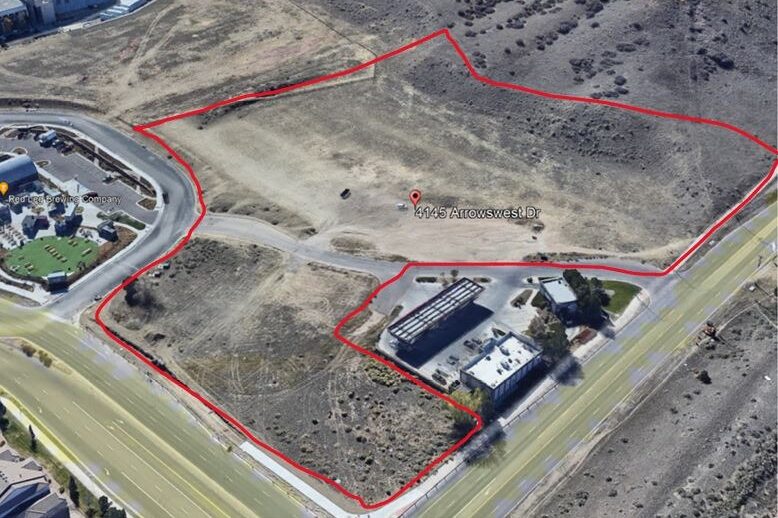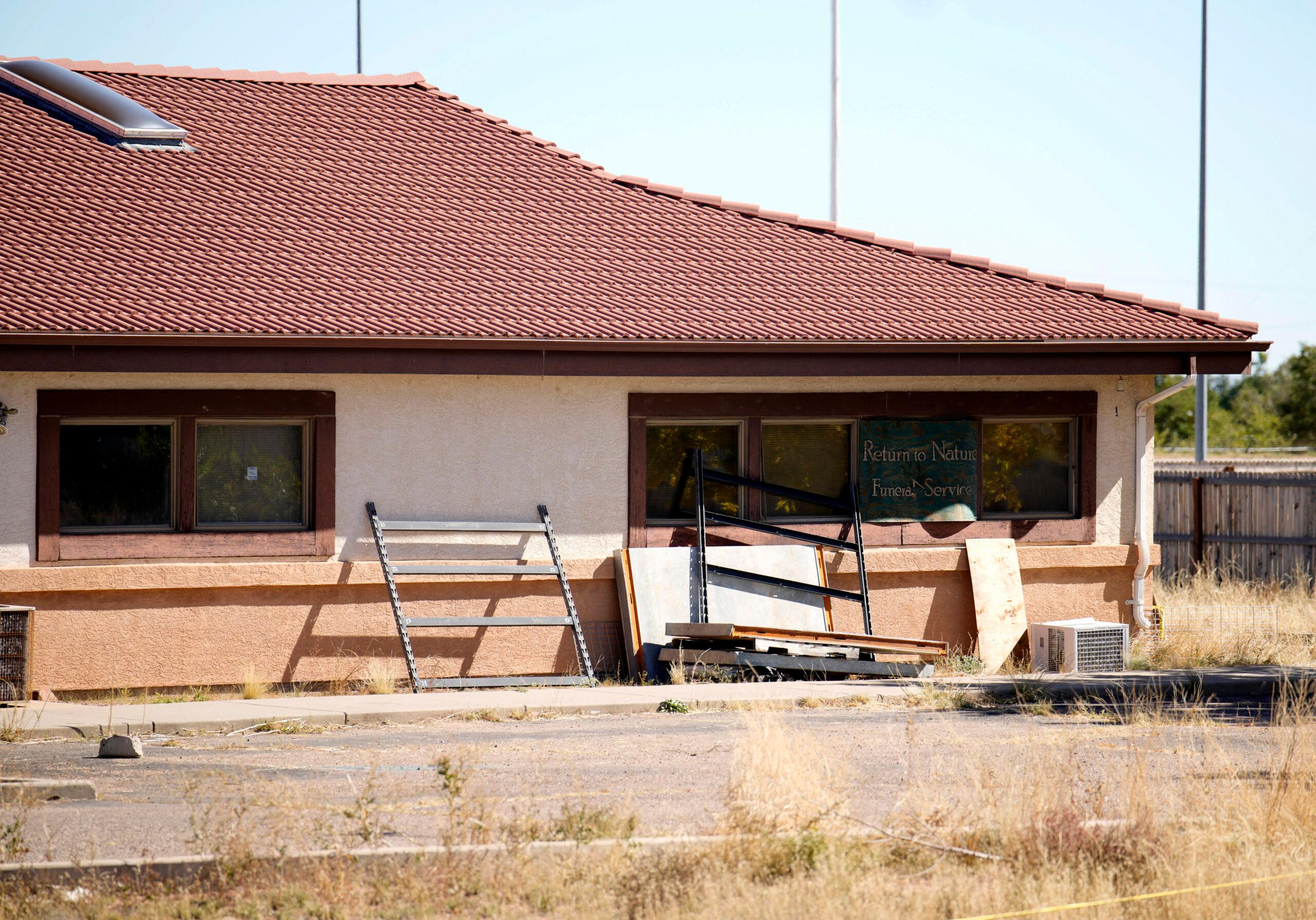Governor John Hickenlooper says Colorado will add 161,000 people to the state’s Medicaid program over ten years. The announcement Thursday ended months of speculation over whether Colorado would expand Medicaid as much as the White House wanted.
The federal government promises to pay for most of the expansion. The Governor says the state can pay its share without having to divert money from other budget priorities.
This is a transcript of CPR Health Reporter Eric Whitney's story:
Reporter Eric Whitney: The announcement is the answer to a big question the US Supreme Court handed states last June. That’s when it upheld the sweeping federal healthcare law known as Obamacare but struck down the law’s requirement that states have to add substantially more people to their Medicaid rolls. Instead, the court said states can choose whether or not to expand Medicaid. Now Governor Hickenlooper says the state will, and that it will pay for it by finding ways to save money on health care spending.
Gov. John Hickenlooper: We’re going be able to save $280 million over the next ten years that’s going to allow us to expand coverage.
Reporter: He expects to find that savings by doing things that include eliminating waste and penalizing doctors who are inefficient. Right now, Medicaid generally only covers children, pregnant women, the disabled and the state’s poorest residents. The Obamacare expansion would offer Medicaid to anyone making about $15,000 a year or less.
Sue Birch: These are folks that need assistance. Either they can’t afford healthcare or their employer doesn’t offer health care, and they certainly are struggling to make it.
Reporter: That’s Sue Birch, head of Colorado’s Medicaid agency. She says the state can afford to help more struggling people because it’s found some big savings in the Medicaid program, and it also created a new revenue source a couple of years ago.
Birch: Health reform in Colorado was set in motion far before national health reform.
Reporter: She’s talking about a 2009 agreement with the state’s hospitals. They agreed to give the state money for a less ambitious Medicaid expansion, and the federal government matched their contributions. Now, that funding stream is being re-directed to help pay for the Obamacare Medicaid expansion. Steven Summer is president of the Colorado Hospital Association.
Steven Summer: Hospitals are confident that our state is making the right choice. Strengthening and expanding Medicaid will lead to improved physical and economic health for all Colorado.
Reporter: Advocates for the poor and Colorado’s biggest doctors’ organization also enthusiastically backed the Medicaid expansion announcement. But not everyone thinks it’s a good idea. Ellen Roberts is a Republican State Senator from Durango.
Ellen Roberts: I hate to be a party pooper, I just feel very concerned that, particularly with as volatile as things are in Washington DC, as unresolved as they are in terms of reducing the deficit, this is not the time to expand entitlement programs.
Reporter: Roberts says there’s no guarantee that the federal government will keep its promises to pay for most of the Medicaid expansion, or to continue matching the contributions Colorado hospitals are making.
Republican Representative Bob Gardner from El Paso County is skeptical too. He points out that the cost savings the Governor says will help pay for the expansion are projections, not hard and fast numbers.
Bob Gardner: We want to see as many people covered as we possibly can, but if the Governor is able to do this in his savings and cost projections that he has, that would be the rare exception for a public program rather than the rule. So, we’re going to have to scrutinize this very carefully.
Reporter: Republicans don’t have the votes to block the Medicaid expansion if Democrats are united behind it in this year’s legislative session. But the state Medicaid budget is something lawmakers re-visit every year, and they have the power to roll back the expansion, in part or in full, in the future if political winds change or the cost savings projections the Governor is relying on don’t come to pass.
[Photo: CPR/MVerlee]








